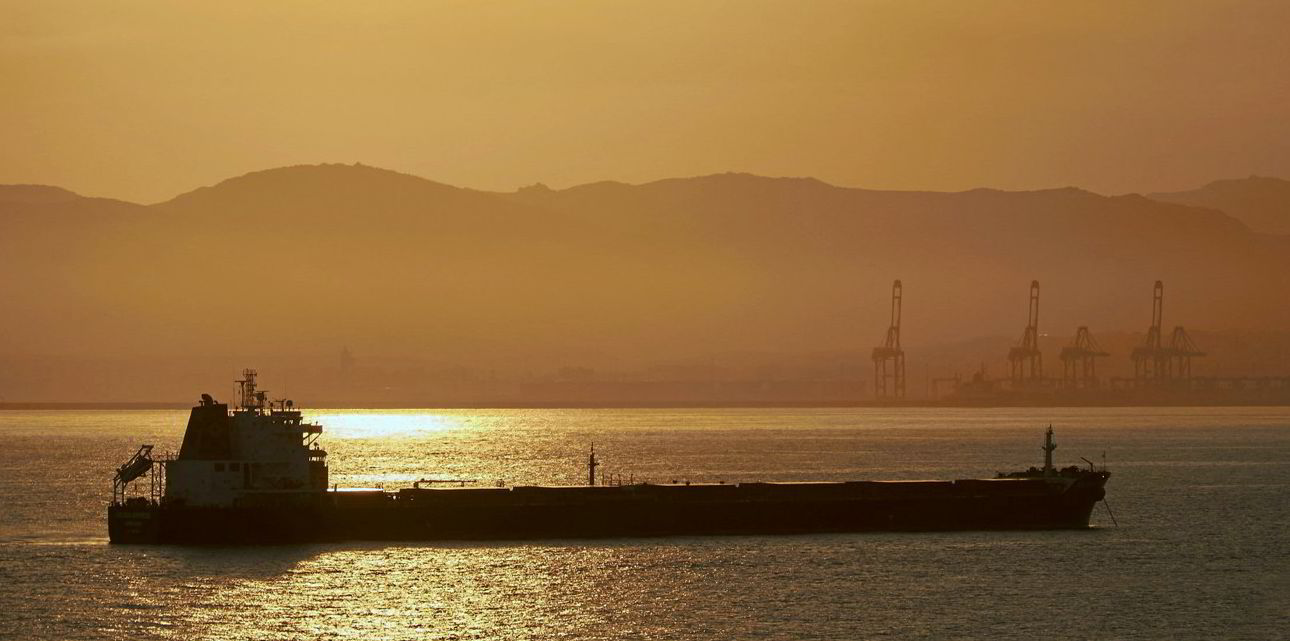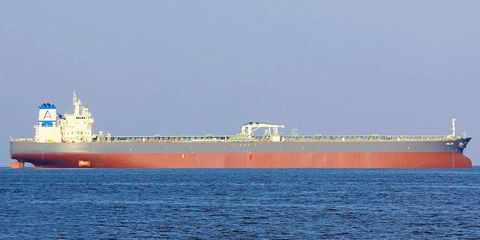New efforts to regulate the swelling shadow tanker fleet could cause a global economic shock with nearly 800 ships now hauling sanctioned oil cargoes, according to shipbroker BRS.
In new analysis, BRS said the shadow fleet had surged by 17% since the end of 2023 and enough vessels were carrying Russian oil to fully service its seaborne export needs.
BRS calculates the fleet stands at 787 tankers, some 8.5% of the global fleet and up from 675 at the end of last year. The largest growth is among ships hauling Russian crude and products.
The proportion of oceangoing shadow tankers above 34,000 dwt now stands at an “astounding” 13% of the fleet, representing a “staggering” 13.7% of active tanker tonnage, it said.
“Although regulators and governments are evidently keeping an eye on the grey fleet, its enormous size now arguably makes it harder to regulate, since potentially excluding 13.7% of global tonnage would send tanker markets into an upward spiral, potentially causing an unwanted economic shock,” BRS said.
“Therefore, we argue that if any further regulation was to occur, it would have to be gradual and targeted to impact only the units representing the highest risk … so as not to inject undue volatility into markets.”
BRS said those tankers would notably be the 200 or so elderly vessels involved in Iranian, North Korean and Venezuelan-sanctioned trades.
The shadow fleet — also known as the dark, grey or parallel fleet — refers to ships subject to light regulation, with opaque ownership or control and often with limited previous experience in mainstream tanker trading.
They are often marked by their veteran status — some more than 20 years old — and operate in markets such as Russia, Venezuela and Iran, where US-led sanctions have limited the involvement of the mainstream trade.
Staggering size
BRS has a four-tier system ranging from directly sanctioned ships, often under the control of states, to start-ups that are involved in both mainstream and price-capped Russian trades.
Significantly, the group of tankers operating in both mainstream trades and Russian business has been slashed from 85 at the end of 2023 to 41, BRS said.
The sharp cut is in part caused by the UK imposing sanctions in February on Russian specialist Fractal Marine DMCC — which had a fleet of 26 tankers — but is also due to the difficulties of owners securing insurance.
It also reflects the rising price of oil, which has made it impossible for shipping companies to confirm they are hauling crude within the G7’s price cap system. The International Group of P&I Clubs blamed the onerous demands of the price cap system for about 800 ships leaving Western providers.
G7-linked shipping and insurance interests are allowed to haul Russian oil only if barrels are sold below $60 for crude and $100 and $45 for refined products.
Urals, the main export grade, is trading at about $76 per barrel, according to New York-based Trading Economics.
Many of these swing players are now just conducting Russian business, according to BRS.
Growing risks
“We suggest that this movement … represents a larger risk for tanker markets and the environment due to the opacity of non-mainstream insurance and certification,” it said in its weekly tanker update.
The move also appears to play out the warnings of Fractal CEO Philippe Matthieu, who told TradeWinds in January that tougher sanctions would lead to a lightly regulated fleet that was “as dark as you get” in control of the trades.
The authorities in G7 countries had suggested that cracking down on price cap abuses would force owners to return to the umbrella of Western insurance.
But the theory appears not to have played out in practice: owners and operators are preferring to look for alternative providers, including Russian, so they can continue in the lucrative trades.
Unlike for crude, BRS said it appears there is not yet enough tonnage to haul Russian refined products because of the longer distances to new markets outside of the European Union in Latin America, Asia and West Africa.
But the shortage of tankers had not so far caused any major problems for Russia because of a shortage of oil for export owing to Ukraine drone strikes on its refineries. And warmer-than-expected weather meant there was less need for ice-class tankers, where there is a real shortage..
But it said the shortage of clean tankers in the shadow fleet would continue to support the prices of vintage LR and MR tankers.
Read more
- Exodus: 800 tankers exit P&I clubs as insurers slam ‘unenforceable’ Russia price cap
- Shadow fleet tanker in Danish Straits collision ‘had invalid insurance’
- Russian tanker fleet is spying in Europe, claims Swedish naval chief
- Inside the ‘gold rush’ of Russian oil shipments where one voyage can cover a year’s income
- Opec output to help VLCCs leapfrog smaller tankers and restore natural order





